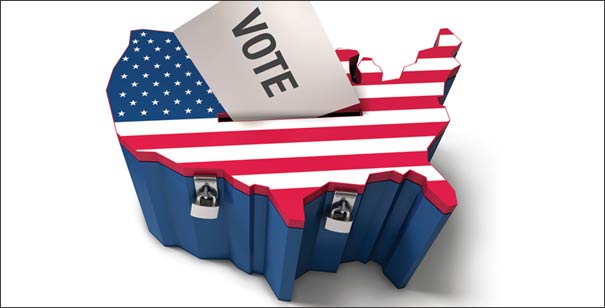
Avi Rubin’s day at the polls last November as an election judge proceeded as he expected: long lines at some precincts exacerbated by electronic voting systems. The electoral margins were large enough that the results of the presidential election were not called into question. That is fortunate, Rubin says: For states with e-voting systems, a recount would have been impossible.
A professor of computer science at the Whiting School and director of the National Science Foundation (NSF-funded ACCURATE, A Center for Correct, Usable, Reliable, Auditable, and Transparent Elections), Rubin is extremely skeptical about the touch-screen systems used in Maryland and other states across the country.
Rubin favors scrapping the systems entirely and returning to paper ballots. His reasons? As he’s explained on 60 Minutes, National Public Radio, CBS, CSPAN, and even the Daily Show’s Moment of Zen, the current direct recording electronic (DRE) machines are coded sloppily and regulated lackadaisically. In short, the machines are as buggy as any personal computer. Furthermore, with DREs, voters can’t confirm that their votes are recorded correctly, let alone be certain that their votes are tallied correctly. In the case of a close race, he warns, the machines imperil everything: They leave no audit trail.
Twice he’s testified before the U.S. Election Assistance Commission, and research done by Rubin and others has had an impact: In November’s election, Florida, California, New Jersey, and Ohio all used paper ballots, reverting from e-voting systems. Virginia, Maryland, and other states will follow suit in coming elections.
In fact, Rubin helped to draft a Maryland law that would compel the state to replace the existing electronic voting machines with paper ballots and optical scanners. He supports a system that would have voters write (or bubble in) their choices on paper and then feed the ballot through an op-scan, which would record, tally, and give a receipt. Op-scans, he says, at least allow voters to confirm that their votes have been recorded correctly. The law has passed both houses and has been signed by Maryland Governor Martin O’Malley; the switch is scheduled for the 2012 presidential election.




